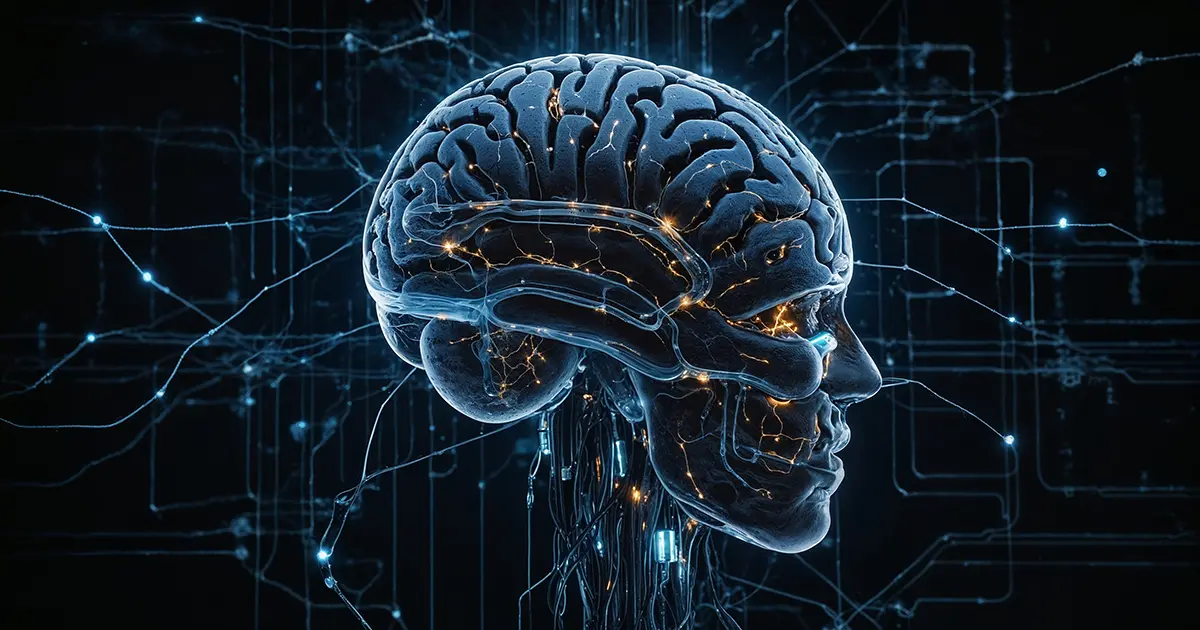Quantum Computers and AI: What You Need to Know Today
Quantum computers are a breakthrough technology that is very different from traditional computers. While classical computers process tasks one step at a time, quantum computers process information in parallel, making them much faster at complex calculations. When combined with AI, they open up new possibilities for solving previously unsolvable problems.
What is a quantum computer?
A quantum computer is a new type of machine that works differently from the computers we use every day. Traditional computers use bits to represent information as either a 0 or a 1. Quantum computers, on the other hand, use quantum bits (qubits) that can represent both 0 and 1 at the same time. This phenomenon, called superposition, allows quantum computers to perform many calculations at once, making them incredibly powerful for certain tasks.
To put it simply, think of a light switch. In a classical computer, the switch is either on (1) or off (0). In a quantum computer, the switch can be both on and off at the same time! This ability opens the door to solving extremely complex problems that would take ordinary computers centuries to solve. Companies like IBM and Google are leading the development of quantum computing, with IBM’s quantum computer called “IBM Q” being one of the most notable advances.
Quantum computers vs. Supercomputers
Although quantum computers are still in their infancy, they have the potential to outperform even the fastest supercomputers. A supercomputer is a machine that processes large amounts of data at high speed, but it still relies on traditional binary processing (0s and 1s). Because of their unique architecture, quantum computers can outperform supercomputers in certain tasks, such as complex simulations, cryptography, and data modeling.

Let’s dive into a more detailed explanation:
Supercomputers are known for their raw power and are primarily used for tasks like climate modeling, simulating nuclear reactions, and drug discovery. However, they still work sequentially through bits, just at an incredibly fast rate. Quantum computers, on the other hand, can use their qubits to perform multiple calculations simultaneously, making them theoretically faster at solving problems like optimizing large data sets or modeling molecules for drug development.
In 2019, for example, Google claimed to have achieved “quantum supremacy” with its Sycamore processor. This means that its quantum computer performed a calculation in 200 seconds that would take the world’s most advanced supercomputer 10,000 years! Meanwhile, companies such as Alibaba and Baidu in China are also racing to develop quantum computing solutions, adding to the fierce competition between the U.S. and China in this field.
Applications of quantum computing and AI
What does all this have to do with AI? Quantum computing could revolutionize AI by speeding up processes such as machine learning, where huge amounts of data need to be processed quickly. Quantum computers can potentially solve optimization problems, such as those found in AI, much more efficiently than classical computers.
For example, AI systems are used in facial recognition, autonomous vehicles, and medical diagnosis. With quantum computing, AI could analyze images, data, and complex patterns faster, improving the speed and accuracy of decision-making in these fields. Imagine a self-driving car that can process data from its sensors 100 times faster, or a medical AI that can identify rare diseases in seconds!

Real-world companies in quantum AI
Many leading companies are actively developing quantum computing and artificial intelligence. Among them are:
- IBM: Leading with its IBM Q quantum computing platform.
- Google: Achieved quantum supremacy with its “Sycamore” quantum processor.
- D-Wave: Specializes in quantum computing for the enterprise.
- Microsoft: Developing quantum computing with its Azure Quantum platform.
In China, Alibaba’s DAMO Academy is researching quantum computing, while Baidu has made strides in integrating AI and quantum technologies. This competition is pushing the boundaries of what’s possible in AI, with potential benefits for everyday life.
Practical implications of quantum AI for everyday life
You may be wondering how quantum computing will affect the average person. Here are some ways it could change your everyday life:
- Healthcare: Quantum computers could help create personalized medicine by analyzing your genetic makeup and quickly finding the best treatment.
- Finance: Faster AI algorithms could revolutionize stock trading, fraud detection, and financial forecasting.
- Energy: Quantum computers could optimize power grids, making renewable energy sources more efficient and reliable.
The combination of AI and quantum computing will lead to more accurate predictions, better decision-making tools, and technologies that we can’t even imagine yet!
Important Key Points

Challenges and Limitations
Although quantum computing holds incredible promise, it’s still in its infancy. Quantum computers are currently unstable and require very specific conditions (near absolute zero temperature) to operate correctly. They are also very sensitive to external disturbances that can cause computational errors. This is known as quantum decoherence. As a result, quantum computers are not yet ready for widespread commercial use.
However, companies like IBM and Google are investing heavily in research to overcome these challenges, and it’s likely that we’ll see significant advances in the next decade.
How can you use this technology?
To the average person, quantum computing may still seem like a distant technology. But AI applications that benefit from quantum research are already available! Here are some AI-driven applications you can download today:
- Google Assistant: Uses AI to learn from your habits and optimize responses.
- Replica: An AI chatbot that provides emotional support using deep learning techniques.
- AI recommendations from Spotify and YouTube: Both platforms use AI to recommend content based on your preferences.
You don’t need a quantum computer to use AI. Start exploring these AI tools, and as quantum computing advances, expect even more sophisticated services to become available!

















